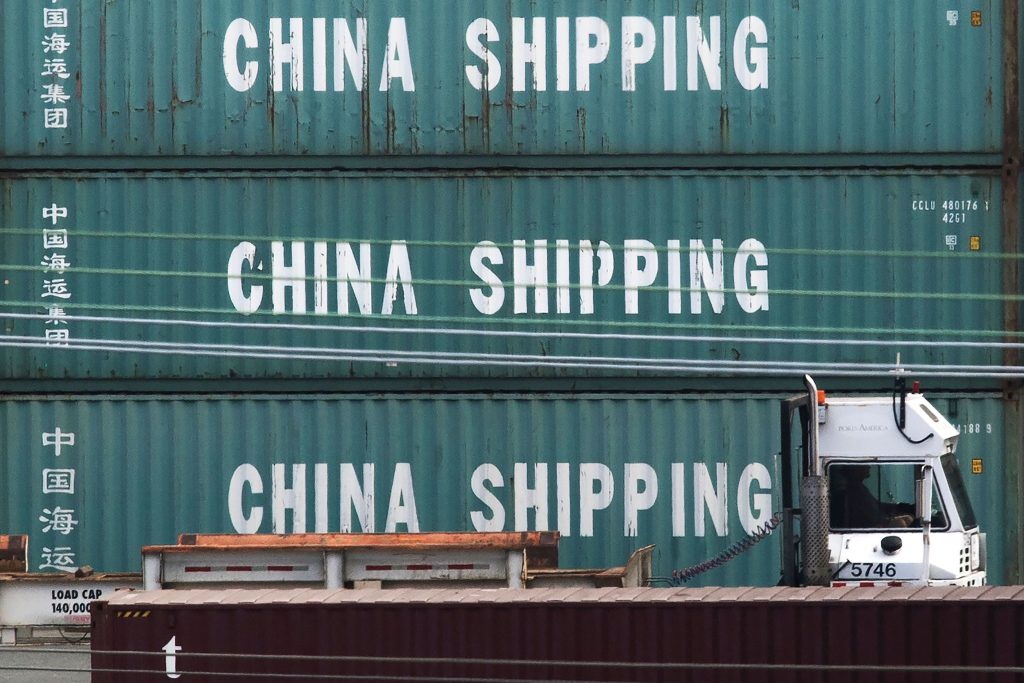The upcoming U.S. presidential election is shaping up to be a significant event as both sides view it as a critical battle for America’s soul. The Trump campaign has indicated a shift towards aggressive trade protectionism, with Donald Trump labeling himself the “tariff man.” Meanwhile, the world is undergoing dramatic changes that have not been seen since the end of the Cold War or even World War II, impacting global trade relations. The U.S. has started reconsidering its free trade policies post-Berlin Wall, while also imposing sanctions on China to maintain its technological edge. In response, China has accelerated its technological growth, exemplified by the Huawei Mate 60 smartphone release with the first domestically produced Chinese processor.
These global shifts are interconnected, stemming from the mismanagement of global trade since the 1990s. Trade imbalances have grown significantly from 1 percent of world GDP during the 1980s to double that amount by the mid-2000s due to aggressive globalization measures. These imbalances have led to issues such as the rise of China and the decline of American manufacturing. While the Trump campaign is right to address these problems, the efficacy of increased tariffs and protectionism remains in question. Protectionism may help safeguard domestic industries, but it may not necessarily lead to a resurgence of lost sectors. Furthermore, it could result in increased prices for goods and inflation, particularly if coupled with aggressive tax cuts.
An alternative approach to these economic challenges has been proposed by the Hungarian Institute of International Affairs—a revival of the “bancor” idea from the 1944 Bretton Woods Conference. The bancor is an international clearing system that enforces rules on global trade to prevent countries from running trade imbalances without impeding free trade. It would charge interest to nations with persistent trade surpluses and redistribute it to deficit countries for development, as well as force countries with excessive imbalances to revalue their currency. By embracing the bancor, the U.S. could have a shot at rebalancing its economy and reviving its domestic industry, while also fostering prosperity for China.
The adoption of the bancor could not only address economic issues but also ease global tensions. While it may not resolve geopolitical conflicts like the Taiwan question, it could significantly reduce international hostility and encourage world peace. Furthermore, by endorsing the bancor, an incoming Trump administration could implement a new constructive geopolitical strategy focused on peace, prosperity, and alleviating global turmoil. This proposal offers a positive vision for the world economy, promoting managed free trade and balanced economic growth, which has been lacking in the current turbulent global landscape. By signing onto the bancor plan, both China and the United States could benefit in the long run.
Philip Pilkington, a macroeconomist with extensive experience in investment markets, advocates for the bancor as a sensible solution to the economic challenges facing the world. He argues that reclaiming this innovative policy idea could reshape global trade relations, reduce trade imbalances, and foster economic stability. With the U.S. election approaching, the decision to embrace the bancor or pursue protectionist measures will have far-reaching implications for the future of global trade and relationship between major world powers like the U.S. and China.












